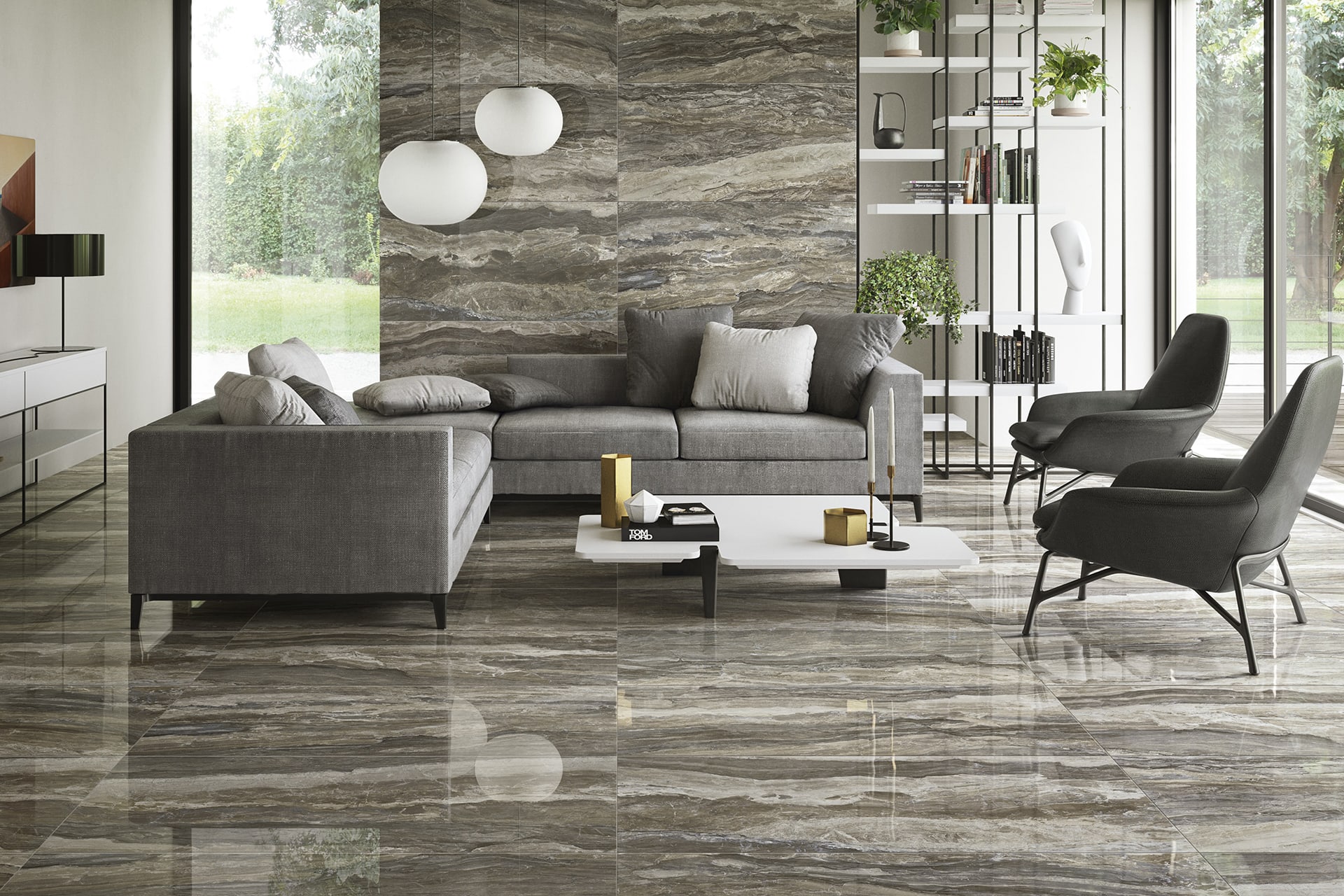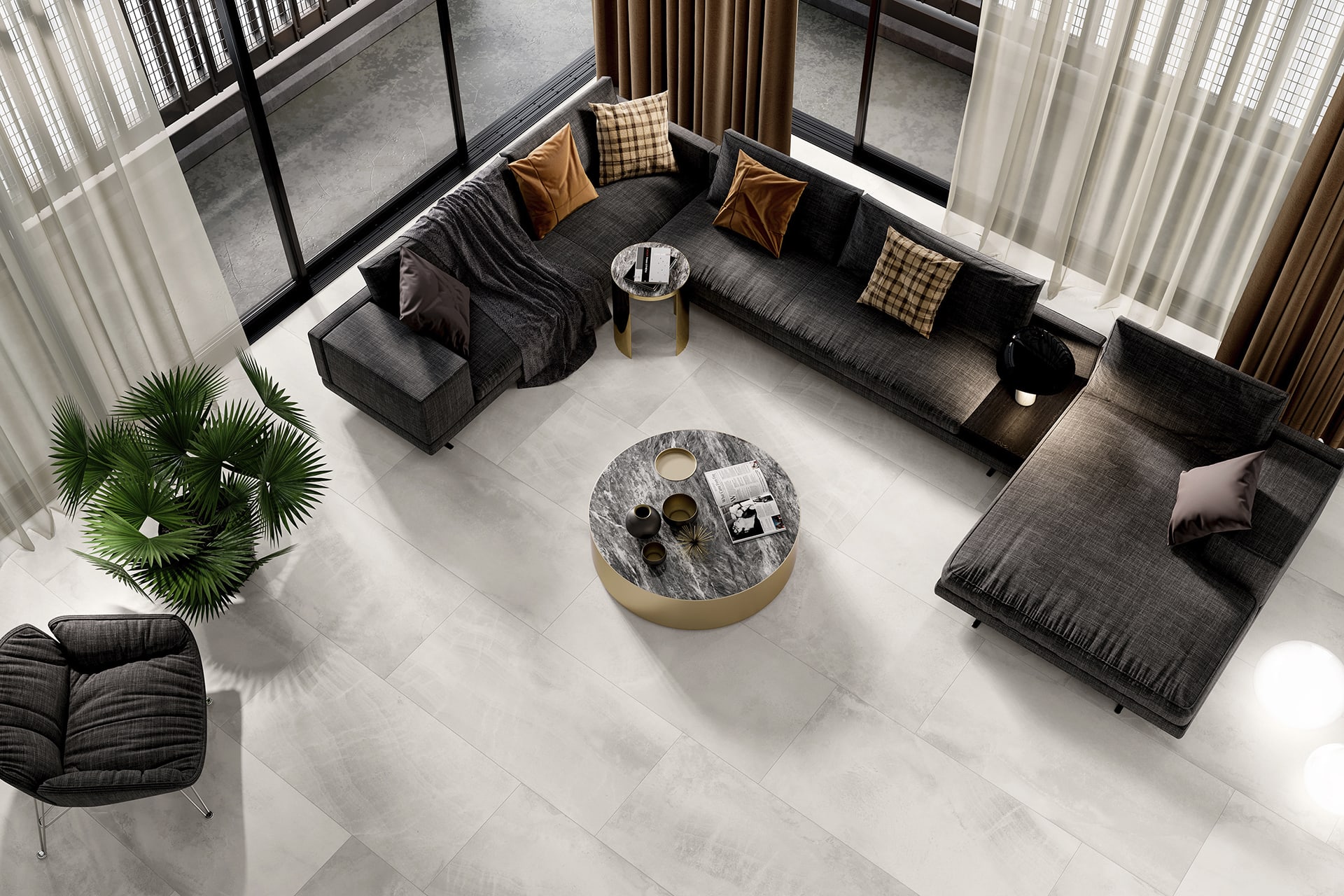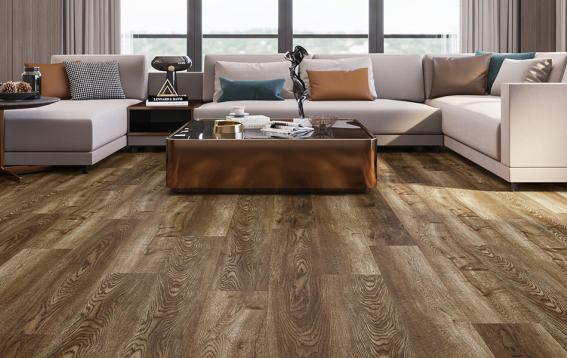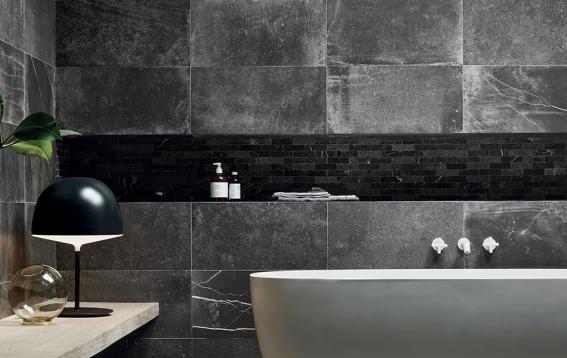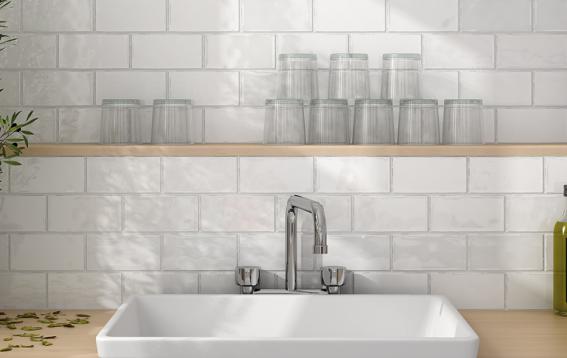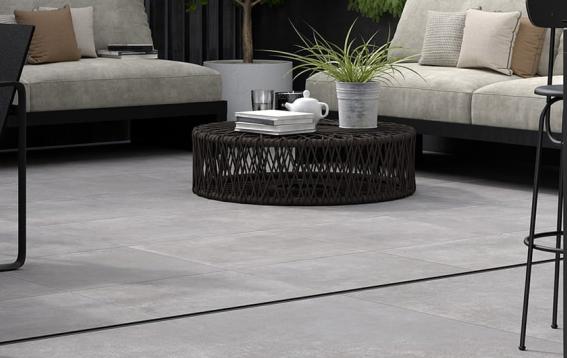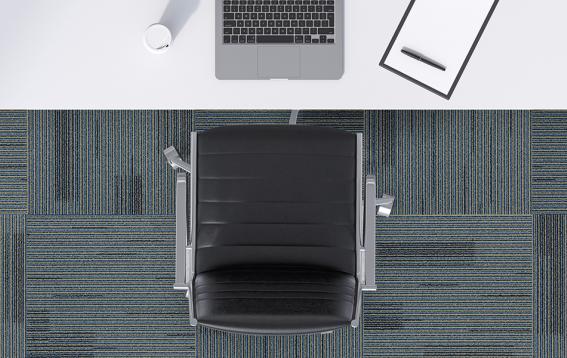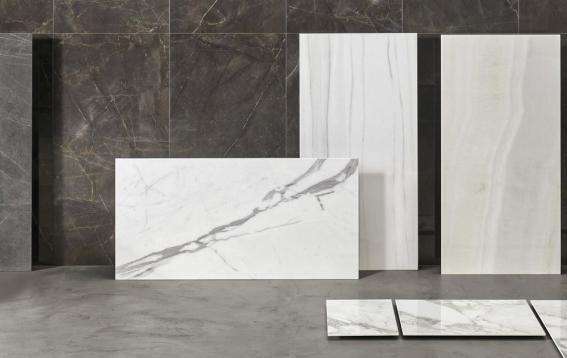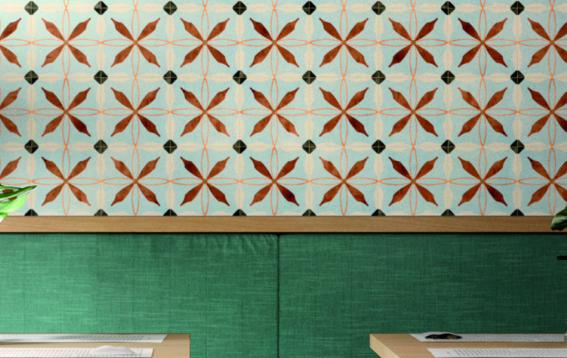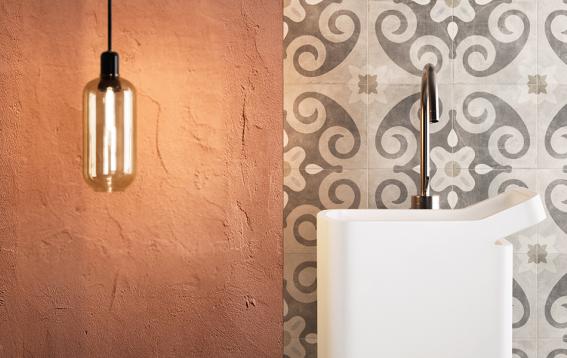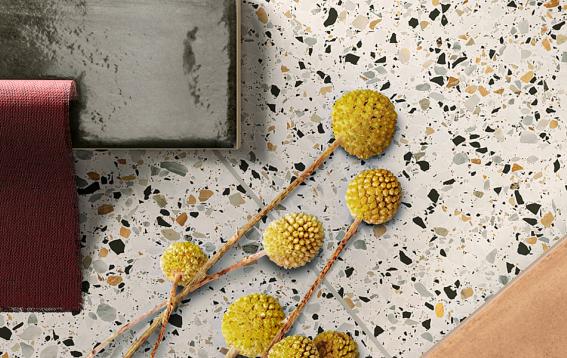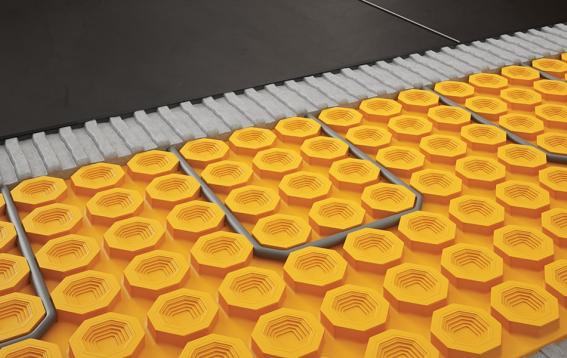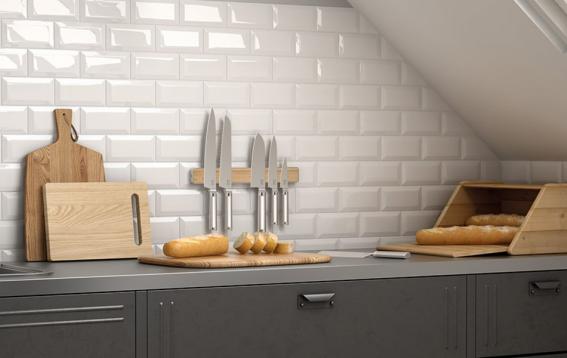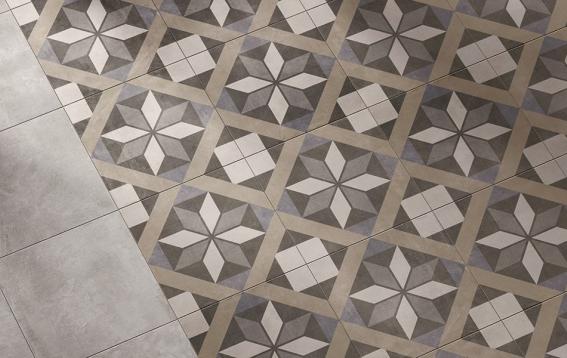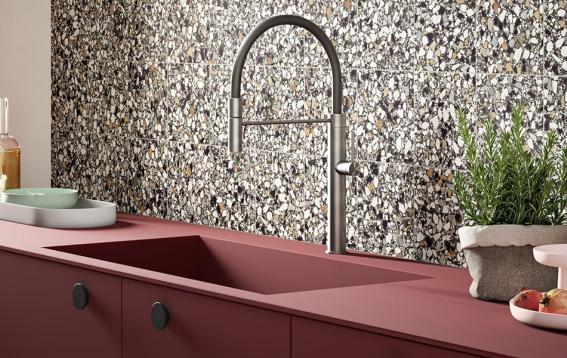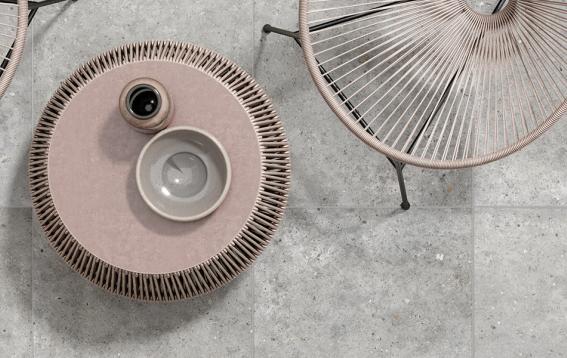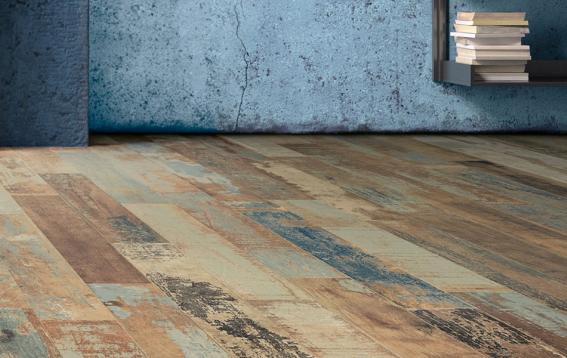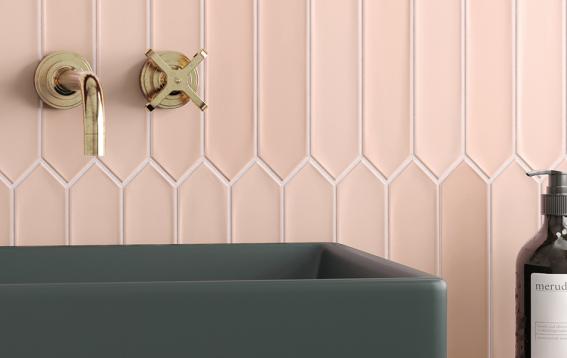October 2nd, 2020
What is the PEI of a tile?
How to check the abrasion resistance of a tile?
To verify the scratch and abrasion resistance of glazed porcelain tile or ceramic floor tile, there is a test called “Surface Abrasion Resistance”. PEI is the acronym of the Porcelain Enamel Institute which developed this test. It involves a high polishing of the tile to check its abrasion and measure the wear of its enamel. The results vary from PEI 1 to PEI 5 (PEI 1 being the lowest wear index and PEI 5 the highest).
Here are the 5 abrasion test results and their significance
PEI 1 & PEI 2
Suitable for residential floors where people walk barefoot or with shoes with soft to normal soles. (Ex: bathrooms and bedrooms without direct contact with the outside). Tiles with this type of PEI are rarely used for flooring, their application is more for walls.
1 - Residential projects, bathrooms and bedrooms without external access.
2 - Residential projects, light and moderate traffic.
PEI 3
Suitable for residential floors where normal footwear is used and which frequently contain small amounts of abrasive residues. (ex : kitchens, bathrooms, hallways, etc.).
Residential projects, light to moderate traffic.
PEI 4
Suitable for floors with frequent foot traffic with abrasive residues. The conditions of wear and tear are therefore more severe. (Ex: commercial offices, hotel rooms, stores and sales areas).
Residential and light commercial projects, interior only.
PEI 5
Suitable for floors subject to heavy pedestrian traffic with abrasive residues for extended periods of time. These are the most severe conditions in which glazed tiles can be used. (ex : shopping malls, senior residences, schools, etc.).
Residential and commercial projects, interior only.
It is important to know that the enamel wear test is only done on glazed porcelain and ceramic tiles. For full-body porcelain there are other tests that quantify their resistance. Depending on the purpose of your project, it is important to inquire about the resistance of the chosen product.
More articles





